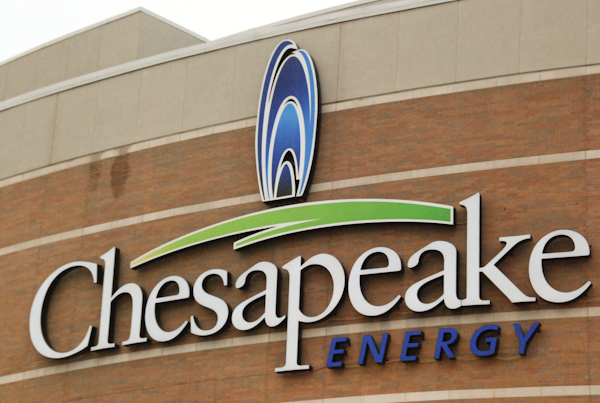Online Photo
Though recognized as one of the most influential CEOs the nation has ever had, Aubrey McClendon’s influence has come largely out of controversy. After 24 years of being CEO of Chesapeake Energy, McClendon will be retiring on April 1.
Chesapeake Energy Corp. announced last week that the founder and owner of the country’s second-largest natural gas producer would be retiring. McClendon is set to hand over the torch to a new chief of the company in order to transition the company into new leadership.
McClendon released a statement, which gave the reason for his departure as “philosophical differences.”
McClendon, 53, founded the company 24 years ago and pushed it to acquire drilling rights to huge amounts of land. The strategy landed the company promising assets and enormous debt as natural gas prices plunged. He is known to be a visionary who is a larger-than-life figure in Oklahoma City, as he is part owner (19.2 percent) of the Thunder and has expanded his company greatly here. However, some of his business tactics have been harshly criticized, which has landed him in hot water.
In 2008, he made a dangerous bet on his company stocks and was forced to sell most of his 32 million shares in order to meet a margin call. The sale took a huge hit on his Chesapeake holdings, once worth $2 billion.
The Chesapeake board finally had to step up. They did so with a luxurious pay deal, essentially a company bailout, to help McClendon rebuild his wealth. He received more than $100 million in bonuses, stock and salary, placing him among the highest paid CEOs that year. After all of this, he borrowed an additional $1 billion from his Chesapeake partners to make his own investments in Chesapeake wells.
Generally, students responded positively to McClendon’s retirement due to his evident failure to do what was good for the company, but weren’t sure if the company would ever fully recover.
Preston Spicer, a senior engineering major, was glad that McClendon decided to retire but was unsure about the future of the company as a whole.
“I think it is good McClendon retired,” Spicer said. “But I still don’t know if Chesapeake can recover. They are in a big hole.”
Sophomore Kali Roberson had similar thoughts about the matter and thought Chesapeake needed to establish a CEO with good character and who was morally sound.
“I think anyone that is a CEO and has the authority to make decisions based on power needs to have character,” Roberson said. “I think him retiring is a good thing and will give Chesapeake an opening to replace someone with morals and good character behind a big company like Chesapeake.”
Sophomore Conner Lankford thought McClendon made some significant strides for the company and the industry as a whole throughout the career, but that it is time for a change.
“It’s time for him to go,” Lankford said. “He did a great job of accumulating land for Chesapeake to drill on, but now Chesapeake is more into an asset-harvesting mode, which requires someone with a different mindset than McClendon. Plus, his questionable choices have been hurting the company’s share price, which is in no way good for the company or shareholders.”
David Dreman, who holds a lot of shares in Chesapeake, was cautious when he found out that McClendon decided to retire.
“I have to be wary when I see this type of pattern of disregarding shareholders’ best interests,” Dreman said. “I thought McClendon should go.”
While McClendon has clearly had a shady past, he has also done some incredible things not only for the industry itself, but also for Oklahoma City. He has been one of the most influential CEOs of his generation, credited and sometimes cursed for supporting the cause of the hydraulic fracturing, also called fracking.
The controversial method has led to a vast boom in U.S. natural gas production. The boom has reduced American reliance on foreign energy and enriched Chesapeake and Oklahoma City.
With his own cash as well as Chesapeake’s, McClendon has helped rebrand Oklahoma City largely through real estate development and philanthropy.












Be First to Comment